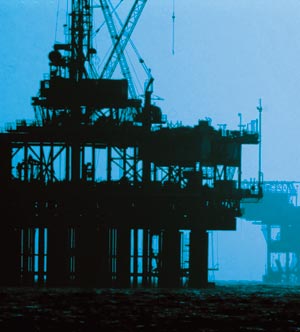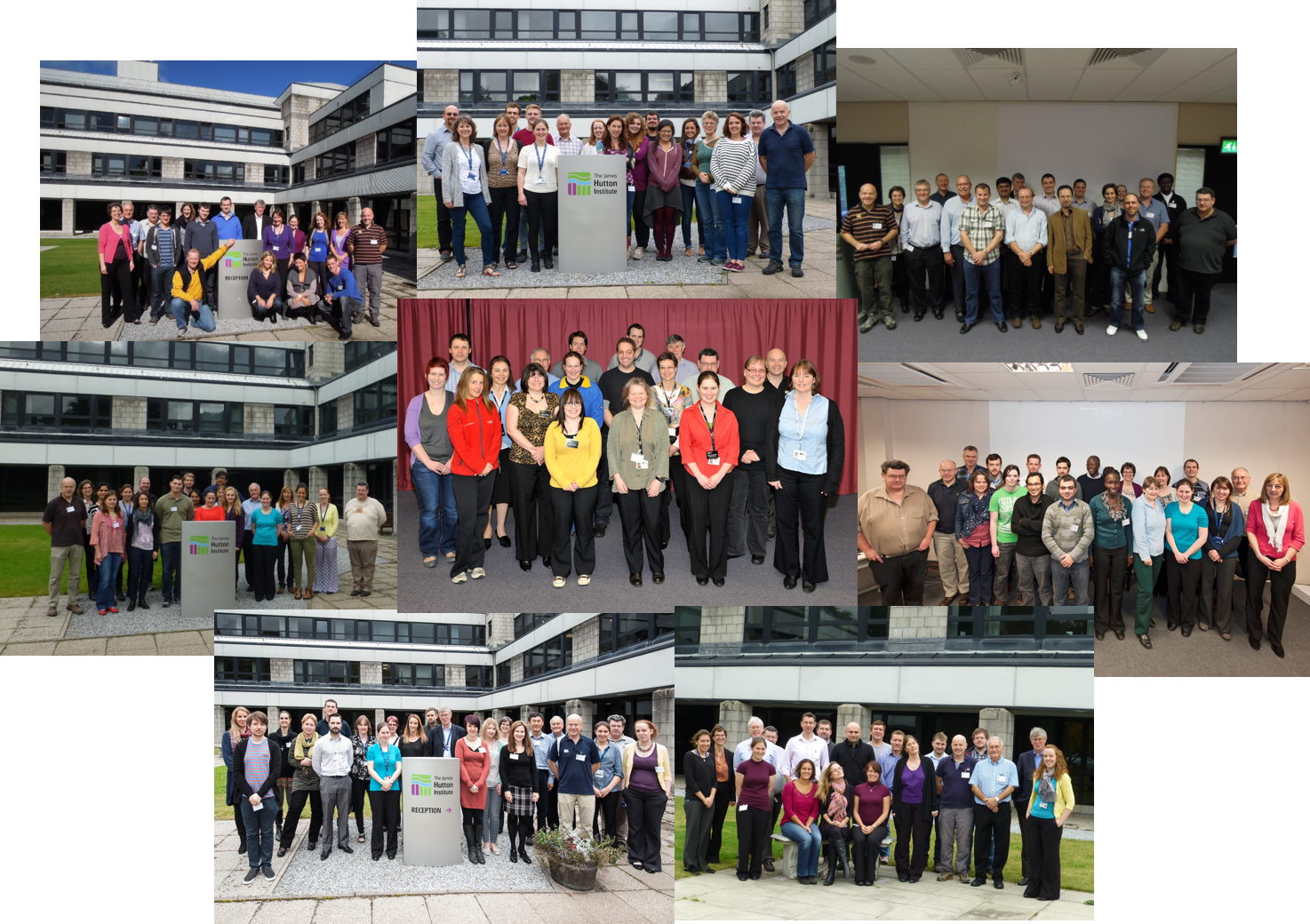 From time-to-time training courses for professionals, looking for an insight into clay mineralogy, are run at The James Hutton Institute, Aberdeen. We can also tailor courses to suit your needs. These can vary in topics covered and on course length. Software and appropriate facilities will be provided for the duration of the course.
From time-to-time training courses for professionals, looking for an insight into clay mineralogy, are run at The James Hutton Institute, Aberdeen. We can also tailor courses to suit your needs. These can vary in topics covered and on course length. Software and appropriate facilities will be provided for the duration of the course.
A Clay Mineralogy Course titled 'Clay Mineralogy and its application to the oil industry' first took place in March 2011. This course was designed for oil industry staff to help them understand the nature, properties, behaviour and occurrence of clays in the context of hydrocarbon exploration and production and to demonstrate in a practical way how clay minerals can be identified and characterised using the primary analytical techniques of X-ray powder diffraction, infrared spectroscopy and electron microscopy. However, many people from other industries have attended (for example, attendance from the bentonite industry) and found the course content applies to them as well.
Since 2011 courses have run successfully ten times.
Next Course: We do not have a course scheduled at this time.
(Updated September 2025)
If you are interested in obtaining further information on future courses please contact us.
Courses are delivered by our staff with contributions by honorary associates.
Previous courses have followed the outline below:
The following modules are included:
Module 1
- The Importance of Clays in the Oil Industry
- Introduction to the Chemistry and Mineralogy of Clays
- Principles of X-Ray Powder Diffraction
- Tour of X-Ray Labs
- Separation and Preparation of Clays for XRD Analysis; Practical
Module 2
- Chemistry and Mineralogy of Kaolinite, Illite and Smectite Minerals
- Chemistry and Mineralogy of Chlorite and Mixed Layer Minerals
- Principles of Infrared Spectroscopy and Clay Analysis
- Principles of Scanning Electron Microscopy and Clay Analysis
- Tour of IR and SEM Labs
- Measurement and Analysis of Clay XRD Patterns; Practical
Module 3
- Fundamental Concepts in Geology
- Geology of Clays
- Infrared Analysis of Clay Minerals; Practical
- Quantitative Analysis of Clay Materials by XRD; Practical
Module 4
- Particle Size, Surface Area and Morphology of Clays
- Physicochemical properties of Clays
- Clay Interactions with Water and Organics
- Clay Minerals and Drilling Fluids
- Clay Analysis and Assessment of Formation Damage by SEM; Practical
Module 5
- Clay Mineralogy and Shale Instability
- Clay Mineralogy and Reservoir Quality
- Round Table Discussion
- Tour of Other Associated Labs
If you are interested in upcoming courses or for anything related to courses please contact us.

Above are photographs of attendees and instructors from eight of the previous clay mineralogy courses.


